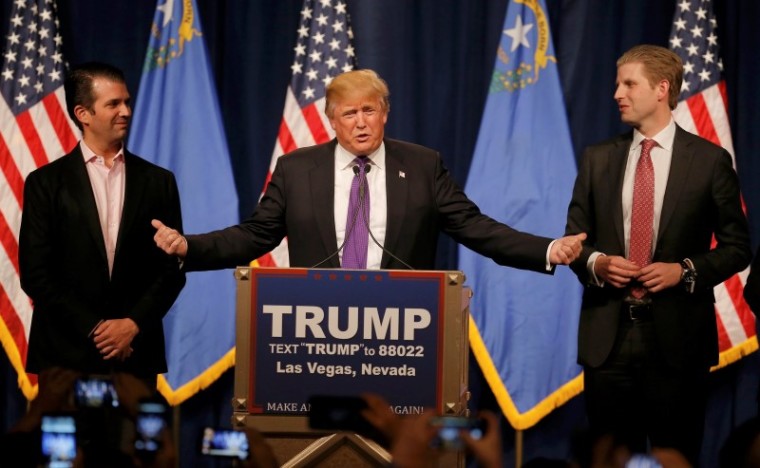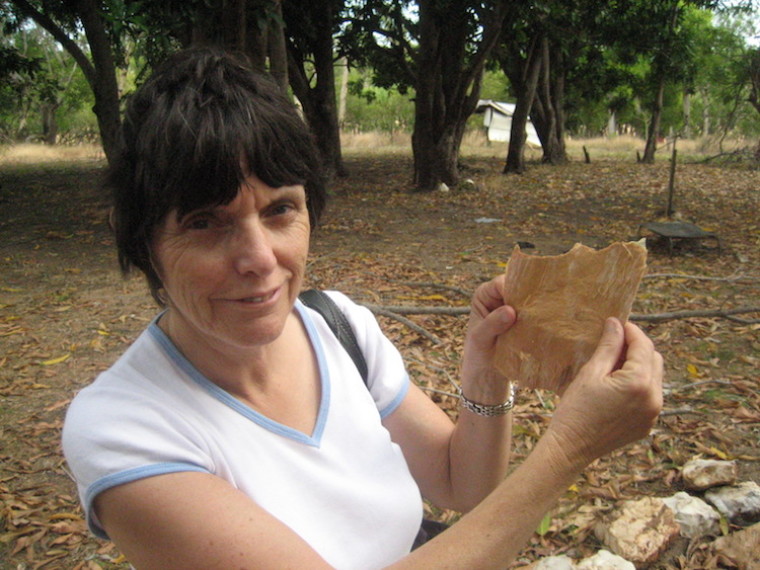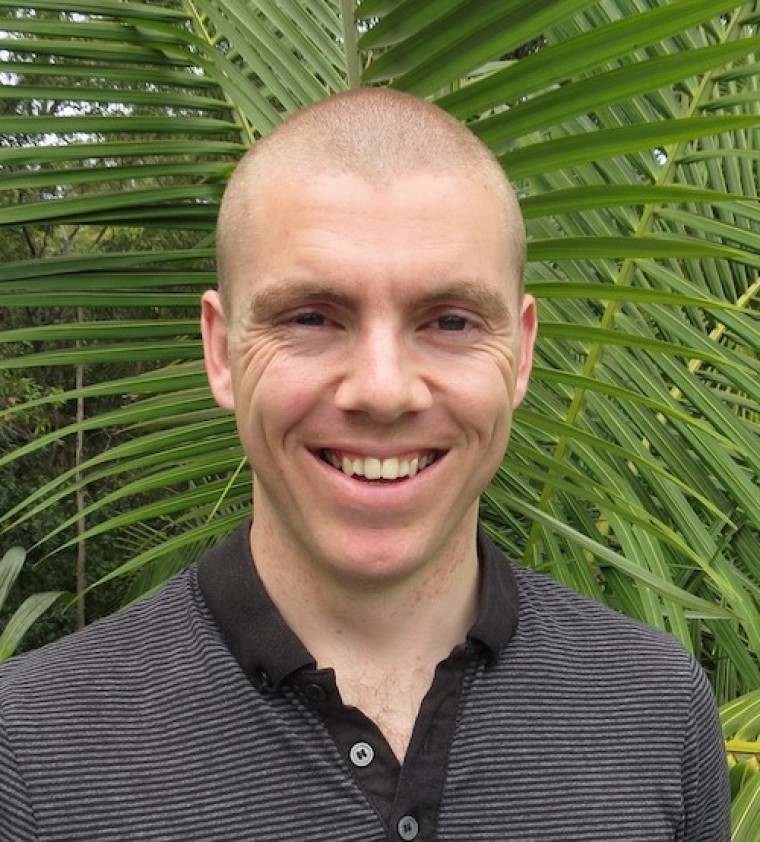

If there's one thing that being in the United States in the middle of an election teaches you—it's all propaganda.
There's not a single piece of media, a speech or an outcome that isn't affected by propaganda. I've lived through quite a few elections now and I like politics, because the way we govern ourselves has a lasting impact on the very real lives of people. But because of that, I know that someone, somewhere is always giving you the best possible version and outlook on things.
That's not always the truth. It's a version of the truth that people would like you to believe. It's your responsibility to ask the questions and do the work for yourself that separates propaganda from truth.
We run politics in church too. In fact, churches are the most political organisations outside of government I've ever known. Churches that are full of politics (the business of people) are full of propaganda as well.
Promotional material on how to read your Bible, which version of the Bible to read or which celebrity pastors to follow on Twitter or podcast. Which celebrity pastors are caught in a scandal and therefore not trustworthy. Which Christian artists to listen to, which books to read and which festivals to attend.
It's propaganda that tells us buying a particular endorsed brand of fair trade clothing will make a difference to a child's life in South East Asia. And that may be true, but it's still propaganda. There are lots of actions that can make a difference to child slavery.
Propaganda essentially tries to convince you to go one way over any other. That whichever belief or movement it supports is 50 shades 'more right' than any other. Propaganda is dangerous if you don't think for yourself—but thinking for yourself can be pretty scary.
How do you know if you are in an environment filled with propaganda? People will get nervous and uncomfortable when you ask questions. Propagandists are very good at the rhetoric to support their own storylines but they struggle to come up with answers to unexpected questions. It has to be your job to ask good, scary questions.

I have some friends in the United States who don't know how to vote because they don't know which propaganda to believe. But not voting is irresponsible when there is so much on the line. The only choice is to ask questions, which we should do of anyone that we would put our own name behind. That's not scary, rebellious or dissenting. It's wise, because it's your own name you're putting behind theirs.
Tash McGill wants to change the world by helping people to think differently. Sometimes described as courageous by her friends, she frequently says aloud what no-one else is brave or stupid enough to say. She also finds writing third-person biographies uncomfortable.
Tash McGill's previous articles may be viewed at www.pressserviceinternational.org/tash-mcgill.html